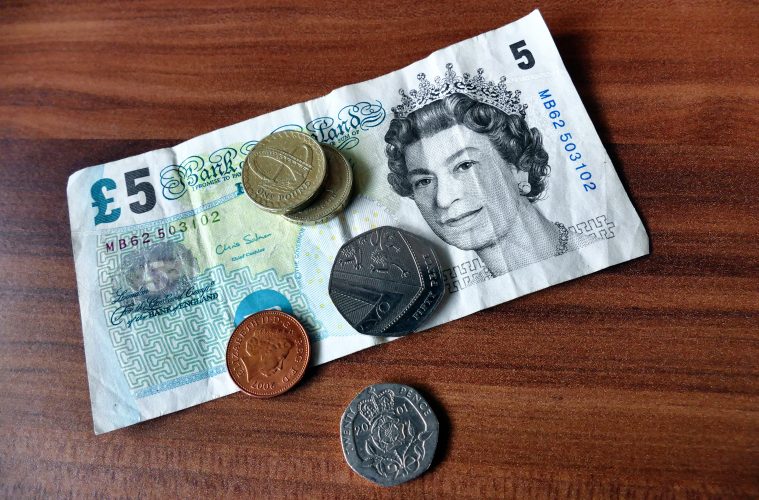Talking about money has traditionally been taboo in Britain – whether times are good or bad.
Feelings of embarrassment and shame which accompany personal debt are commonplace, whether the debt is your fault or not.
But Brits whose bank balances are on the up are even more reluctant to discuss their financial situation, possibly for fear of being accused of boasting when many others are struggling.
However, both groups are likely to be missing out on making the most of what they have by refusing to take the a key step towards managing their money well.
For while many of us are getting better at talking about personal issues like relationships or health, we still find it difficult to talk about money.
A survey for the Government’s Money Advice Service found that one in four of us don’t feel confident enough to chat about cash and worry about appearing weak or foolish if we reveal details about our finances.
But the independent agency says that while the desire to keep some things, such as bank account details, private is essential to protect ourselves it is actually preventing many of us from taking advantage of benefiting from financial expertise.
Revealing how much we earn is still probably one of the biggest money taboos in the UK. While we don’t want to discuss our income with people we don’t know, sharing this information with a trusted source can help you find out about tax-efficient ways to save for the future and how best to prepare for retirement.
Talking about debt can be very difficult different reasons. It’s common to feel embarrassed or ashamed if you find yourself with unmanageable debts but talking is the first step towards dealing with it. The MAS advises talking to people you owe money to, charitable debt organisations or one of their money advisors can all make a difference and are a step towards getting back in control.
Of course many people are worried about job security in the current economic climate but only around half of us would seek advice from family or friends if we were at risk of, or had been made, redundant.
Conversely, we tend to feel even more uncomfortable talking about our money situation in good times. While half of us would look for help if we were struggling to make ends meet, less than a third would seek advice if our income increased.
But, says the MAS, not talking about it means we might be missing out on making the most of that extra money by getting advice on investments, pensions and savings.
Broaching an uncomfortable but pressing issue with people we trust is a positive step towards breaking a taboo.
The MAS recommends getting a free health check on their website to get a clear picture of your finances, and then consider sharing your action plan with family or friends in the same way as you would share diet tips.
And don’t be embarrassed to share your money-saving tips with your friends – they’ll probably thank you for it and will hopefully join you on the journey to get financially fit.
Setting an example at home is another great step to start smashing this taboo for the younger generation. Many of us can feel uncomfortable talking about money to, or in front of, our children but you don’t need to talk precise figures.
Simply bringing the subject out into the open and explaining the types of decisions you need to make – such as why you are taking a picnic on a day out rather than eating in a restaurant – will start to prepare them for when they make their own.
For more information, visit the MAS website at moneyadviceservice.org.uk.

